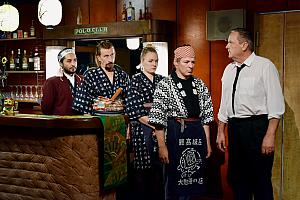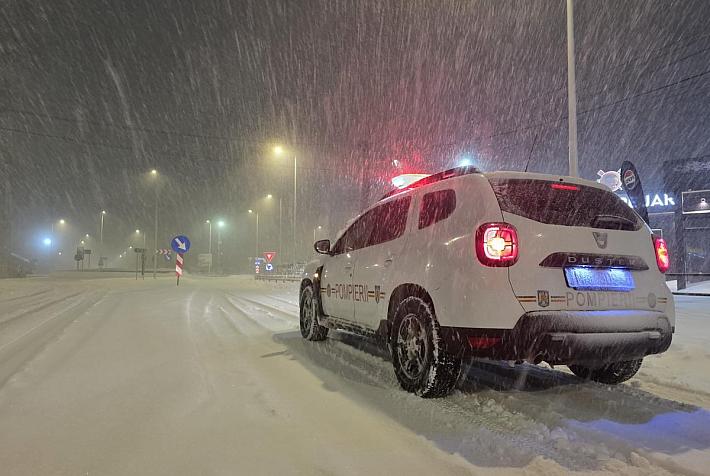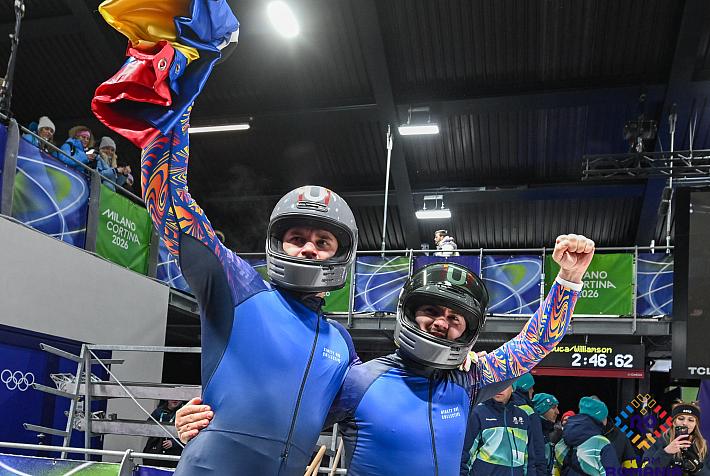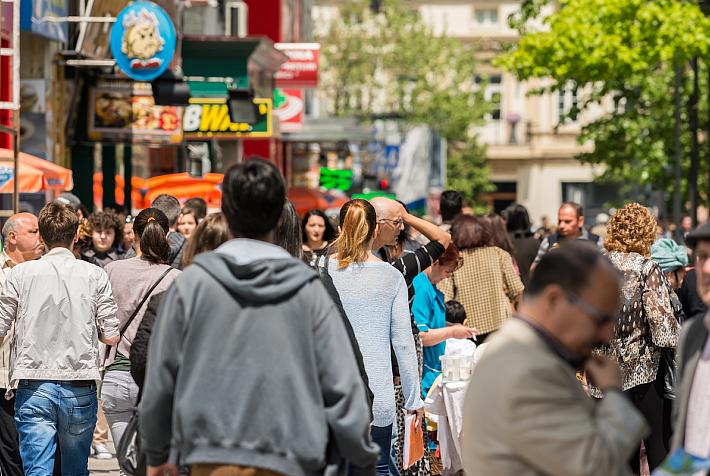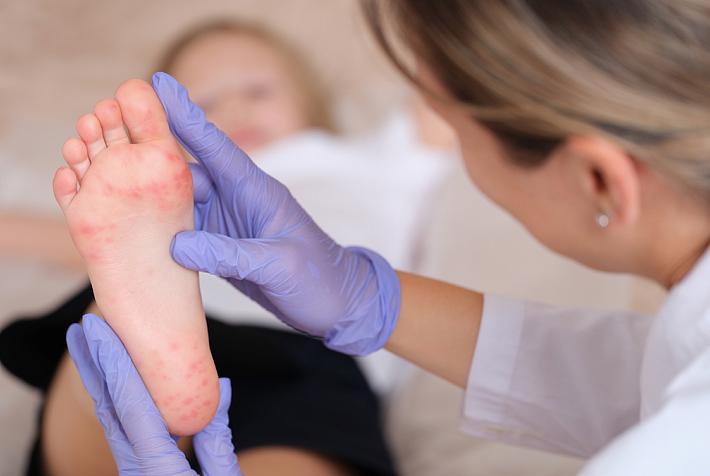RO Culture Ministry proposes set of measures for restarting events

The Culture Ministry has proposed a set of measures that would allow events to be held beginning June 1 in both indoor and outdoor venues.
The measures were outlined based on current legislation and recommendations from authorities and will be analyzed by the Health Ministry and the National Committee for Emergency Situations (CNSU), the ministry said.
During the state of alert, events with an audience would take place according to several scenarios. The event organizer needs to choose between them.
According to the first scenario for indoor events, these can be held using the maximum capacity of the venue if the Covid-19 incidence rate is lower than 7.5 per 1,000 inhabitants in the respective locality and if the attendees can show one of the following: proof of vaccination, a negative Covid-19 test, or a medical document not older than 90 days attesting that they developed antibodies after having the illness. Participants can show either an RT-PCR - SARS-CoV-2 test carried out at most 48 hours before the start of the event or undergo a rapid test on the day of the event.
A set of additional measures apply: the public can attend the event standing, and a minimum of four sqm need to be allocated for every person; participants need to wear a mask during the event; beverages and food can be served only in specially set-up places and only by following the norms of the order issued by the Economy, Entrepreneurship and Tourism Ministry and by the Health Ministry.
The second scenario for indoor events outlines several options. According to the first option, events can be held without exceeding 2/3 of the venue’s capacity but not more than 500 people, if the coronavirus incidence rate is lower than 3 per 1,000 inhabitants. The access of the public to these events is not conditioned by any medical document.
The second option foresees the holding of indoor events without exceeding ½ of the venue’s capacity and with at most 300 people if the Covid-19 incidence rate is lower than 5 per 1,000 inhabitants. The access of the public to these events is not conditioned by any medical document.
Under a third option, indoor events are held without exceeding 1/3 of the venue’s capacity and with at most 200 people if the incidence rate is lower than 7.5 per 1,000 inhabitants. The access of the public to these type of events is not conditioned by any medical document.
Additional measures apply for indoor events held under the second scenario. Seating arrangements will be made for the public, and the staff will check that social distancing is observed during the event. One empty seat will be left between spectators, or a distance of one meter will be observed between the members of the public. Groups of two people and members of the same family will be allowed to sit together.
In the case of events organized in restaurants, bars, or cafes, the events will be organized according to the HoReCa sector rules outlined in the order issued by the Economy, Entrepreneurship, and Tourism Ministry and by the Health Ministry.
According to the first scenario for outdoor events, these can be held regardless of the number of participants and the Covid-19 incidence rate in the respective locality if all attendees can show one of the following: proof of vaccination, a negative Covid-19 test, or a medical document not older than 90 days and attesting that they developed antibodies after having the illness. Participants can show either an RT-PCR - SARS-CoV-2 test carried out at most 48 hours before the start of the event or undergo a rapid test on the day of the event.
Under the same scenario, the public will stand, and a minimum of four sqm will be allocated for each person. The public is required to wear a mask, and beverages and food will be served only in specially set up places, in accordance with the norms of the order issued by the Economy, Entrepreneurship and Tourism Ministry and by the Health Ministry.
The second scenario for outdoor events has two options. According to the first option, events can be held with a public of at most 500 and if the coronavirus incidence rate is lower than 3 per 1,000 inhabitants in the respective locality. Under the second option, outdoor events can be held with a public of at most 300 and if the coronavirus incidence rate is lower than 7.5 per 1,000 inhabitants but greater than 3 per 1,000 inhabitants. The access of the public to these type of events is not conditioned by any medical document.
Similar to the second scenario for indoor events, seating arrangements will be made for the public, and the staff will check that social distancing is observed during the event. One empty seat will be left between spectators, or a distance of one meter will be observed between the members of the public. Groups of two people and members of the same family will be allowed to sit together. Beverages and food will be served only in specially set up places.
In the case of cinema halls, various scenarios apply, depending on local and regional characteristics and the general epidemiological situation. Indoor cinema halls can hold film screenings at 2/3 of the venue’s capacity if the incidence rate is lower than 3 per 1,000 inhabitants; at 1/2 of the venue’s capacity if the incidence rate is lower than 5 per 1,000 inhabitants; at 1/3 of the venue’s capacity if the incidence rate is lower than 7.5 per 1,000 inhabitants. The access of the public is not conditioned by any medical document.
The public needs to wear a mask during the screening; 4DX cinema halls will not be allowed to open; single-use 3D glasses can be distributed, while reusable ones need to be disinfected after every screening. One empty seat will be left between spectators. Groups of two people and members of the same family will be allowed to sit together. Cafes, bistros, and other venues selling food and beverages need to comply with the sanitary rules in place.
The full set of measures is available here. The measures were drafted following the talks held by the task group focusing on restarting events with an audience. The group included associations and unions in the cultural-creative sectors, and representatives of the Health and Economy ministries.
Meanwhile, prime minister Florin Cîţu said events and festivals could be organized this year only if the Covid-19 vaccination campaign is successful, Agerpres reported.
(Photo: Pixabay)
simona@romania-insider.com







